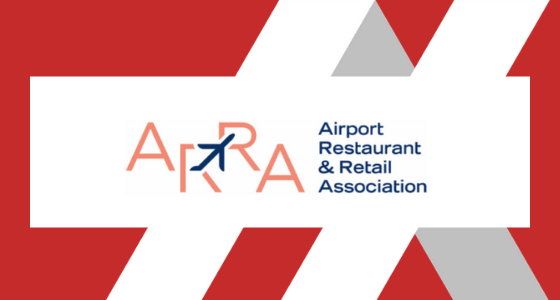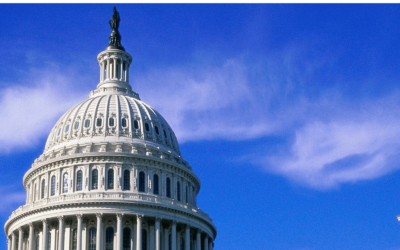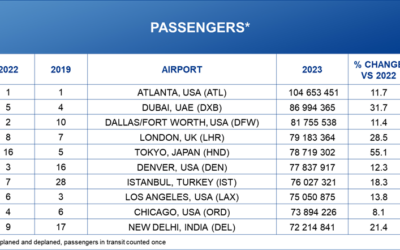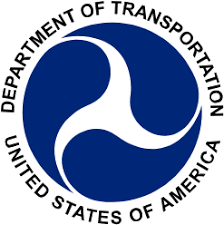U.S. consumers will be slow to return to flying even as the pandemic subsides due to ongoing concerns about health and safety, financial constraints and the ability to conduct business remotely, experts shared this week on the industry call hosted by the Airport Restaurant & Retail Association (ARRA).
Sharon Sarmiento, principal at Unison Consulting, Inc. and Myha Gallagher, senior director of research, Destination Analysts, shared their expertise to help call participants understand what might be ahead in the fledgling recovery of the air travel industry.
Destination analysts have been surveying Americas who traveled pre-pandemic for the past 48 weeks. Gallagher says the needle has moved on some key indicators of travel demands but respondents remain hesitant.
“The perceived safety around air travel has improved dramatically since the start of the pandemic where over 80 percent of travelers felt that flying was unsafe at that time, but there are still substantial gains that the industry has to make to convince COVID-fearing travelers that air travel can be done safely,” she said, noting that the fears center on being in a confined space with strangers and having little control over how others behave.
For some, getting back to traveling is like “ripping off a band-aid,” Gallagher said. “As soon as they saw others in their network, demonstrating safe travel, they too felt encouraged about booking a flight. Shared stories of real travelers safely flying the friendly skies, again could really encourage consumers to return sooner.”
Sarmiento discussed the impact price has on stimulating demand for air travel. She noted that price is not limited to the airfare, but also encompasses the cost of COVID-19 testing in some cases, the risk of contracting the virus, and the rising risk of experiencing a flight cancellation, among other factors.
Consumer preferences are also changing in favor of substitutes for travel, Sarmiento noted, pointing to people who are choosing local activities or road trips instead of flights to a destination. “When consumers are unsure about future economic conditions, or when they expect economic conditions to get worse, then they can hold out on spending, especially on discretionary travel,” she said. “And that is true for businesses as well.”
The broader economic landscape also weighs heavily in a person’s decision to travel. Sarmiento discussed the massive blow to Gross Domestic Product the United States experienced in the second quarter of 2020, and the recovery that appeared to be underway in the latter half of the year.
“It’s much faster than the recovery from the previous recession,” she noted, pointing to the CARES Act and other federal efforts to prop up the economy. She also noted that more recent economic indicators suggest “the economy appeared to be losing momentum.”
Gallagher noted that the Destination Analysts survey showed consumers’ concerns about the economy are high, but not as high as their concern about the public health environment.
Specific to international travel, Gallagher said there is still considerable hesitancy, with three-quarters of survey respondents saying they will avoid traveling internationally for now. “[Travel] restrictions certainly are weighing in on their consideration …, but in the larger sense, regardless of those restrictions there’s still a large proportion of American travelers who just will not consider flying abroad in the current environment until they feel that the coronavirus situation is much more resolved,” she said.
The sentiment topples over into business travel. “Americans are very resistant to returning to large scale conferences,” Gallagher shared. “There is a large fear around being around large groups of people. We asked [survey respondents a] question about how they would feel if their employer asked them to attend the conference in the next six months and a large majority of these respondents said this would make them very unhappy.”
Sarmiento said business travel’s return will be weighed down by the “substitution effect” from alternatives such as video and teleconferencing, a situation exacerbated by the work-at-home phenomenon, which is expected to continue to some extent even after the pandemic subsides.
Destination Analysts’ data supports that premise. “We surveyed past business travelers on if they expect that the COVID experience will change the way that their employers [handle] business travel in the long term. Half of the respondents said they expect to take fewer overall business trips,” Gallagher said. “They expect to conduct more virtual meetings to replace travel, and when they do need to travel it will be shorter trips with fewer colleagues in their travel parties. So all of those certainly weigh in and inhibit the recovery of corporate business travel.”






